Great Uncle Josiah Goes To War
My great-uncle Josiah was in his sixties when he enlisted.
Like many men during the Great War he faked his age in order to be accepted.
What made his story different from most was that he lowered it. Most men put their ages up.
He said he was forty-four.
I don’t know his whole story. I only know that he had recently lost his wife and was without children.
This may have been a reason to join up. He may have been suffering from grief and took the chance to escape his surroundings.
I think something else was going on.
I believe he was either given the task, or took it upon himself, to follow his nephew, my grandfather, into the service. I think he intended to watch out for him and make sure he stayed safe.
He took his medical the day after my grandfather signed up and enlisted himself one week later. I believe he intended to end up in the same regiment.
Things didn’t pan out the way.
My grandfather enlisted with his best friend, Hedley. They were both assigned to the Australian Light Horse Brigade.
The Light Horse was one of the most coveted regiments.
They were the elite soldiers. It was romantic. It was the calvary. They had horses and carried swords. Their uniforms were flashy. They wore polished knee-high boots, riding breeches and wide-brimmed slouch hats with emu plumage.
They were sent off to Egypt and fought in Palestine in the desert on open ground. They fought a more traditional war with manoeuvres and counter-manoeuvres. There was still the threat of the dreaded machine gun but they were involved in a mobile battlefield.
There was undoubtedly hand to hand combat and other skirmishes but it was a far cry from what Josiah experienced.
Josiah was sent to England and then on to the Western Front.
Sappers were basically miners, the original members were from the coal mines of Wales. They dug the trenches and tunnels which created the underground catacombs of places like The Bluff in Belgium. His war was the complete opposite to my grandfather’s.
It occurred beneath the surface in the darkness and in the mud.
Josiah participated in the digging of tunnels which would eventually house and produce the biggest explosion of the war. Actually he helped constructed the biggest conventional bomb ever made.
He dug tunnels which ran deep under enemy lines and were filled with tons of explosives. The preparations for this exercise took months and a great deal of planning. There was also the constant threat of counter-attack from the German opposition.
Both sides were busy doing the same thing, trying to blow each other up from below.
Josiah didn’t last long, which is not surprising.
He was not a young man.
He was felled by bronchitis and injuries to his legs. Influenza was sweeping across the battlefield.
One side-effect of the war was advent of the Spanish Flu. It would eventually make its way across the continent and by war’s end afflicted the soldiers and civilians around Damascus. The exact location of my grandfather’s battlefield. It cost the lives of thousands.
Perhaps more than the actual victims of battle.
After long bouts of sickness Josiah was honourably discharged. His medical papers attest to the Victorian term: senile debility.
Basically, he was a broken man.
He was sent back to Australia after only a year of service.
My grandfather and his friend continued fighting in the desert for another eighteen months until the end of the war. They participated in the taking of Jerusalem and the fall of Damascus.
They would have seen Lawrence of Arabia ride triumphantly into the city they had just taken.
I am wondering what the reception was for Josiah on his return.
I expect he would have been confronted with the new wave of pacifism and anti-war sentiment which was making the war unpopular. My grandfather and his friend experienced the same thing.
They were also not greeted as heroes. They were probably treated as warmongers when it was the politicians that sent them into battle that should have bourn the brunt of criticism.
I know that at one stage they refused to go to their local church anymore because of the negative anti-war reception.
Unfortunately we have still not learnt from this time and the actual long-term fallout from war.
I explored the subject in my last post.
I am only just finding out this family information, something which happened 100 years ago. It appears that a lot was covered up at the time.
We may never know the full story and I don’t know exactly what happened to Josiah.
It seems strange that a man his age could get past all the military and medical tests. He must have had help. Even more amazing is that he survived.
Some people make incredible sacrifices for others.
His tale would make quite a story.
Have you got a possible unsung hero in your family?
Leave a comment below or join the mailing list and let me know.
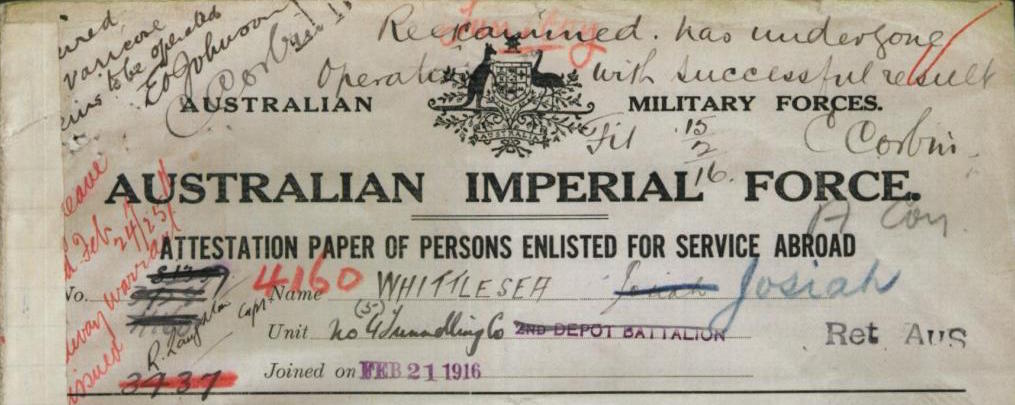
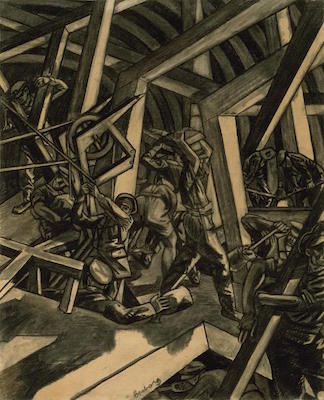
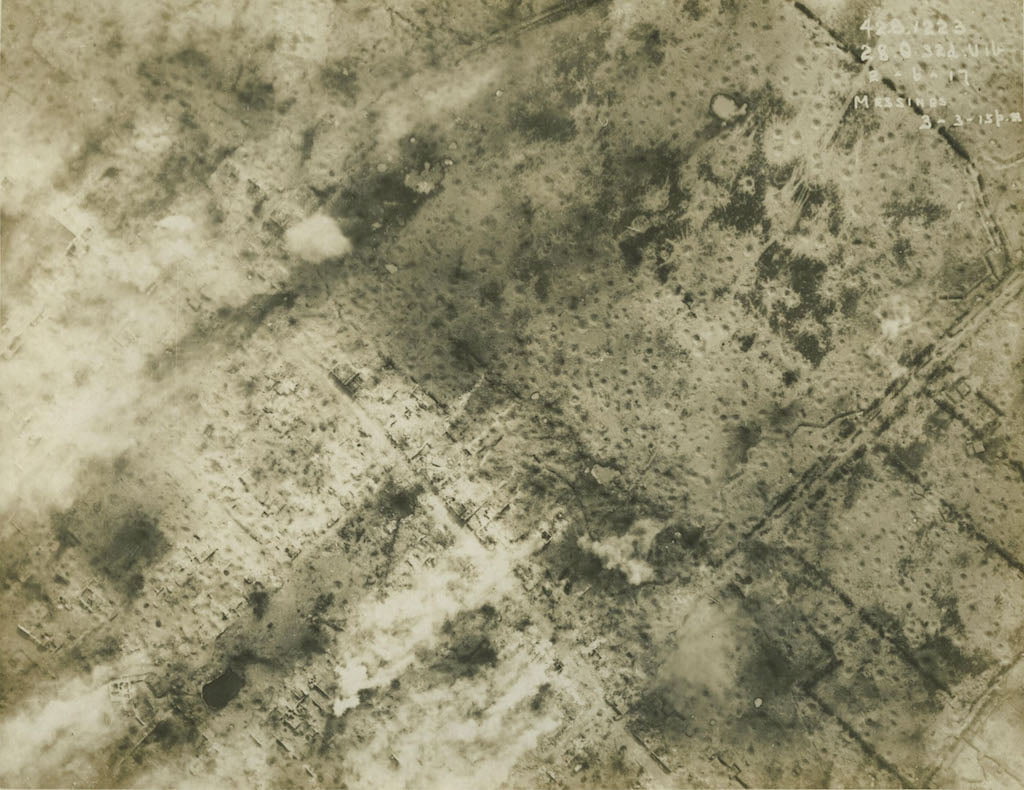
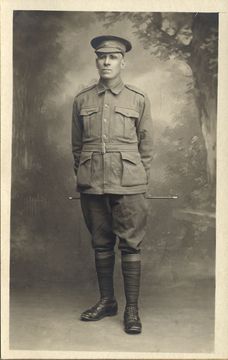
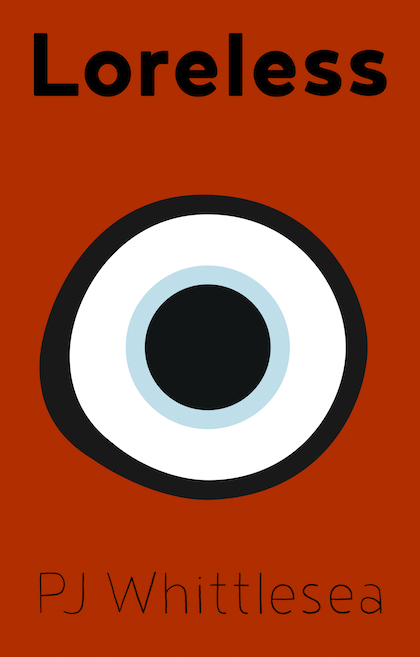
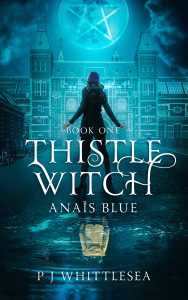
Interesting story